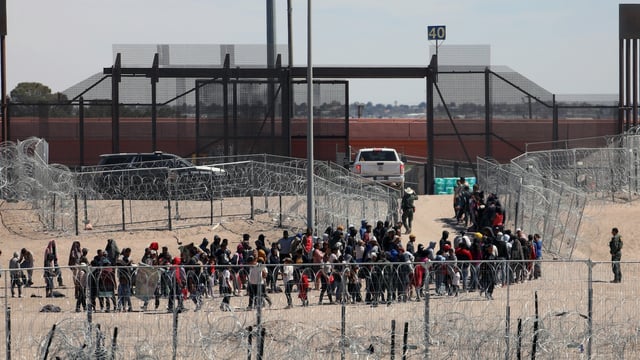Overview
- The new docket will process cases in Atlanta, Boston, Chicago, Los Angeles, and New York City.
- The goal is to resolve cases within 180 days, significantly faster than the current multi-year timeframe.
- The initiative targets single adults who have recently crossed the U.S.-Mexico border illegally.
- The Biden administration emphasizes the need for broader immigration reform beyond this administrative step.
- Critics express concerns over due process and the potential for rushed adjudications.



